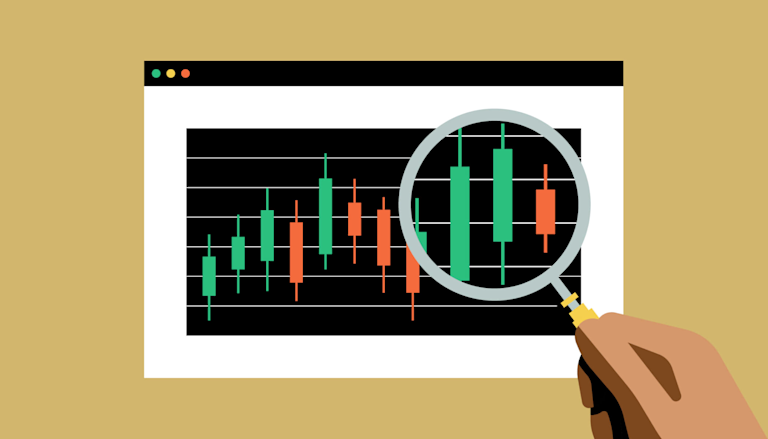Ensuring Safety A Comprehensive Guide to Crypto Trading Security

Understanding Crypto Trading Security
As cryptocurrencies gain popularity, the importance of Crypto Trading Security https://brandondonnelly.com/category/bikxie-pink has become paramount. This article explores various facets of securing your investments in the volatile world of digital currencies, delving into risks, best practices, and the tools available to help safeguard your assets.
The Growing Importance of Security in Crypto Trading
Each day, more investors enter the cryptocurrency market, attracted by the potential for high returns and financial independence. However, this burgeoning interest has also led to an increase in cyber threats, making it imperative for traders to prioritize security. Hackers and malicious actors constantly seek vulnerabilities in trading platforms, wallets, and even in the devices used by traders, leading to stolen funds and compromised data.
Understanding the Risks
Before diving into security practices, it’s crucial to understand the types of risks that cryptocurrency traders face:
- Exchange Hacks: Centralized exchanges are frequent targets for hackers. Significant breaches have resulted in the loss of millions in cryptocurrency.
- Phishing Attacks: Cybercriminals often impersonate legitimate services to trick users into providing sensitive information.
- Malware: Malicious software can inflict serious damage by compromising users’ accounts or stealing private keys directly.
- Insider Threats: Employees of exchanges or crypto projects may exploit their access for personal gain.
Best Practices for Ensuring Crypto Trading Security
Here are several best practices that every crypto trader should implement to enhance their security:
1. Use Hardware Wallets
Hardware wallets provide offline storage for your cryptocurrencies, making them less vulnerable to online attacks. By keeping your private keys away from the internet, you significantly reduce the risk of theft.
2. Enable Two-Factor Authentication (2FA)
Enable 2FA on all your accounts for an additional layer of security. This requires not only a password but also a second form of verification, such as a code sent to your mobile device.
3. Stay Informed About Phishing Scams
Educate yourself about common phishing tactics. Always double-check URLs and ensure you’re visiting legitimate sites before entering personal information or credentials.
4. Use Secure Internet Connections

Never conduct crypto trading over public Wi-Fi. Instead, use a secure, private connection. If necessary, consider using a Virtual Private Network (VPN) for additional protection.
5. Regularly Monitor Your Accounts
Keep a close eye on your trading accounts for any unusual or suspicious activities. Prompt action can help mitigate potential losses.
6. Diversify Your Investments
Avoid putting all your funds into one exchange or asset. Instead, spread your investments across multiple wallets and exchanges to limit exposure to risks.
Advanced Security Measures
For seasoned traders and those with significant investments, implementing advanced security measures can provide peace of mind:
1. Multi-Signature Wallets
Multi-signature wallets require multiple keys or approvals for transactions, making it more challenging for unauthorized parties to access your funds.
2. Cold Storage Solutions
Cold storage involves keeping your cryptocurrencies completely offline, usually in wallets that are not connected to the internet. This is one of the safest methods for long-term storage.
3. Security Audits
If you’re involved in developing smart contracts or decentralized applications (dApps), conduct regular security audits to identify and resolve potential vulnerabilities.
The Role of Exchange Policies
When choosing where to trade, the security policies of an exchange should factor heavily into your decision. Look for exchanges that:
- Offer comprehensive insurance policies for their users.
- Have robust security protocols, including regular audits and employee training.
- Provide transparent communication in case of security breaches.
Conclusion
The world of cryptocurrency trading offers exciting opportunities but also presents serious security challenges. By understanding the risks and implementing effective security measures, you can greatly enhance the safety of your trades. Remember that securing your investments is an ongoing process that requires vigilance, education, and adaptability to new threats. The future of crypto trading lies not only in its potential profits but also in its ability to protect users from an ever-evolving landscape of cyber threats.
